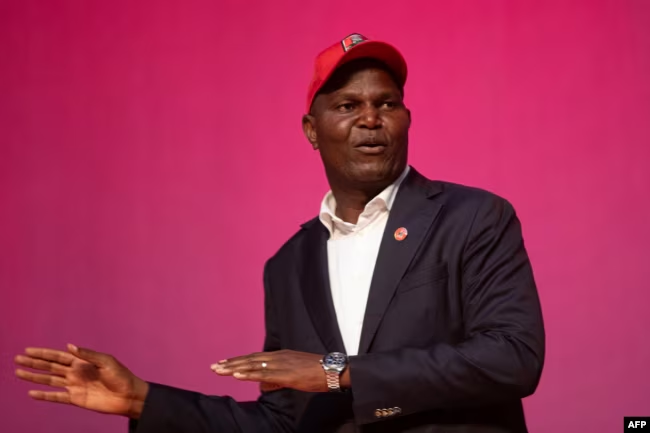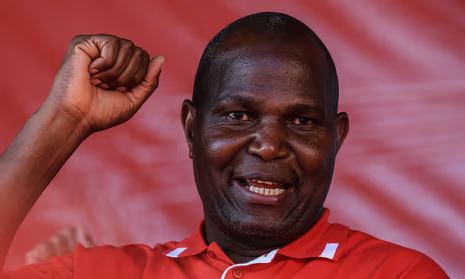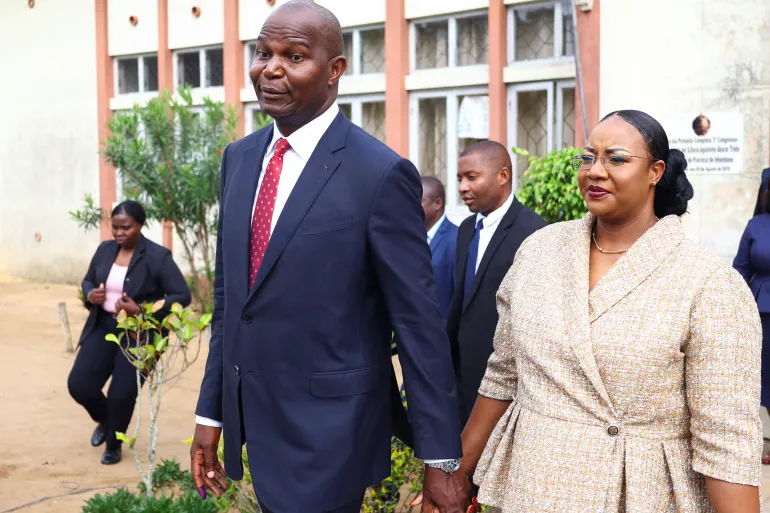Mozambique’s National Electoral Commission announced Thursday that ruling party candidate Daniel Chapo won the presidential election with more than 70% of the vote, extending the Frelimo Party’s unbroken grip on power since independence in 1975.

Independent challenger Venancio Mondlane, who finished second with 20% of the vote, denounced the October 9 election as rigged and called for two days of national protests. The traditional opposition Renamo party finished a distant third with less than 6% support.
The announcement comes amid rising tensions following the killings of two prominent opposition members, Elvino Dias and Paulo Guambe, which sparked protests in Maputo where police responded with tear gas. The deaths drew condemnation from multiple Western embassies, including the United States, Canada, Norway, Switzerland, and the United Kingdom.

Election observers raised serious concerns about the vote’s integrity. The European Union mission reported its 179 observers were blocked from monitoring vote tabulation in several districts and provinces, while witnessing “unjustified alteration” of results at some polling stations.
“The terrain is already prepared, regardless of what we see; the enthusiasm, dynamism of the young people that are rallying behind this opposition candidate, we know the status quo will prevail,” said Adriano Nuvunga, director of the Center for Democracy and Human Rights in Mozambique, who had predicted the outcome before the election.

The 47-year-old Chapo inherits significant challenges, including a 62% poverty rate and ongoing insurgency in the gas-rich Cabo Delgado province that has killed approximately 4,000 people and displaced one million since 2017. International observers note that despite Mozambique’s natural resource wealth, benefits have failed to reach ordinary citizens.
“The natural gas, the oil, the diamonds, those are not very helpful to the people of Mozambique,” said Kenneth Ombongi, associate dean at the University of Nairobi. “They are helpful to the international interest that compete among themselves to harness the resources of this country.”
The U.S. State Department urged Mozambicans to reject violence and pursue electoral grievances through peaceful means, as the Southern African Development Community and EU observer missions prepare their final assessments of the contested vote.


